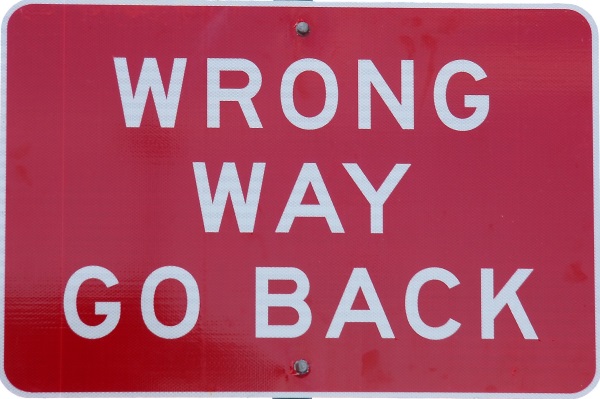Uber’s second-quarter results showed a net loss of to $5.2 billion up from $878 million the year before.
On the back of the news in August, its shares plummeted and have remained between $28 and $35 a share – way below the $45 analysts thought the stock would reach following its IPO in May.
So, given this financial performance, it was surprising to hear that the ridesharing company will now launch a variety of financial products to support its network of four million drivers across the globe.
Trust
Would you trust Uber with your money? More specifically, would Uber drivers and Uber Eats couriers – workers who have notoriously been side-lined by the company, classified as contractors and unable to access benefits as normal employees – trust their loss-making employer with their money?
Yes, the company is engaged in conversations about drivers’ rights. And yes, the company’s strategy has always been to undercut the competition and gain market share before increasing prices to become profit making. But surely with all the new players out there, Uber will quickly lose customer – and driver – loyalty to other ride-hailing companies once prices go up.
But are the products on offer enough to get Uber contractors on-side?
There is an Uber debit card and debit account – only for drivers in the US for now – where drivers will have real-time access to earnings after every completed ride as well as cash-back on fuel purchases.
Credit card
The Uber credit card is also getting a revamp. In partnership with Barclays, members will receive more cash-back than before: 5% in Uber Cash on all purchases on the Uber platform, 3% on restaurants, bars, hotels and airfare and 1% on all others. There is also a $100 windfall when they rack up $500 in spending on the card.
The main benefit of Uber’s financial services appears to be an integrated portal where users can manage their income and spending all in one place. The benefits are a bonus.
But as faster payments continue to roll out, advanced payment management has become the norm and a number of other well-established banks and disrupters offer similar rewards and cash-back on their products. There is nothing much that differentiates Uber from the competition – except for its dire financials.
This foray into the world of payments will continue to muddy an already fragmented landscape. And given the circumstances, it may not be the best route for Uber to take.


 Signal2forex.com - Best Forex robots and signals
Signal2forex.com - Best Forex robots and signals




